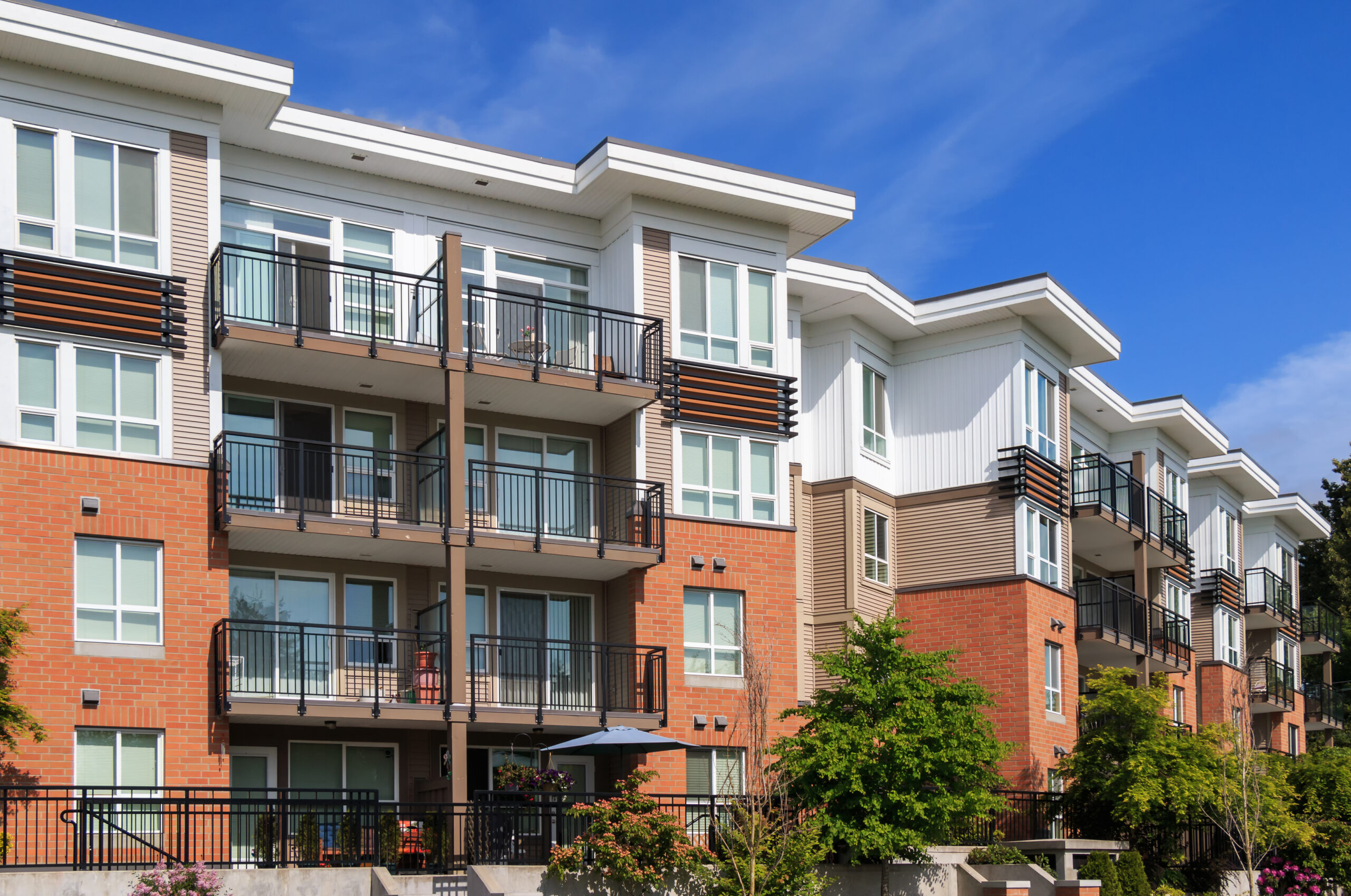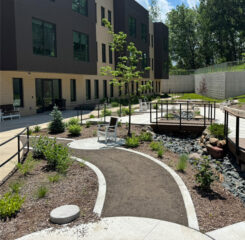LeadingAge Calls for Scalability and Equity in HUD’s New Green and Resilient Retrofit Program
This summer, HUD received $1 billion dollars in the Inflation Reduction Act to establish a new Green and Resilient Retrofit Program (GRRP). The program will invest in energy and water efficiency, as well as climate resilient retrofits in the agency’s Multifamily Housing stock; a portion of the funding is also dedicated to conducting comprehensive utility benchmarking throughout HUD’s Multifamily Housing portfolio.
Older adults are especially impacted, and people of color are disproportionately impacted, by climate stressors like temperature fluctuations and natural disasters. In addition, HUD spends about 20% of its Public Housing and Multifamily Housing operating budgets on utility costs annually, diverting much-needed resources from new and preserved affordable housing units.
HUD expects to implement the new GRRP early in the new calendar year, and LeadingAge will continue to work with HUD to achieve climate solutions at scale.
LeadingAge Recommendations to Balance Scalability with Environmental Justice
In response to the agency’s Request for Information to help inform GRRP program design, LeadingAge proposed a two-step approach:
- First, HUD should create a simplified “standard retrofit” category of funding made up of easy-to-access small- and mid-sized grants to HUD-assisted MF housing properties nationwide to implement basic energy retrofitting at scale;
- Second, HUD should establish a funding category for larger grants and loans to properties undergoing more comprehensive resilience retrofits, targeted toclimate-vulnerable areas or properties serving overburdened populations.
The comments outline several program elements necessary to achieve energy solutions at scale balanced with targeted environmental justice. For example, to achieve standard energy and water retrofits at scale, HUD should encourage feasibility by streamlining eligibility, providing technical assistance for underresourced properties, allowing for enterprise-level applications, offsetting property costs, and allowing GRRP funds to be combined with other federal funding sources. HUD should also emphasize older adults by encouraging the installation of back-up power in every Section 202, allowing older adults to shelter in place during emergencies; lasting, HUD should emphasize economic equity by creating processes that pass through energy efficiency benefits to residents in the form of utility discounts.
To achieve more targeted investments for climate resilience, HUD should implement screening tools that prioritize economically disadvantaged and overburdened communities. HUD should also consider long-term resilience goals that include energy auditing, efficiency thresholds, and data reporting. Lastly, HUD should encourage equity, tenant benefits, and long-term preservation.
Comprehensive Processes for Utility Benchmarking
LeadingAge also proposed a number of approaches for HUD new utility benchmarking effort, with the goals of improving effectiveness, streamlining aggregate data collection, and reducing the burden on housing providers.
For example, HUD should create a standardized process to best leverage and streamline data management across the portfolio, like a “Green Project Capital Needs Assessment.” HUD should also allow a reasonable amount of flexibility in data collection, work directly with utility providers, and support properties by offering management add-on fees for utility benchmarking.
Thank you to all the LeadingAge members who informed the comments to HUD; more information about the forthcoming GRRP is available here.

Most Recommended
July 03, 2025
 Budget Reconciliation 2025
Budget Reconciliation 2025
July 08, 2025
Pathways for Foreign-Born Workers
Recently Added
July 09, 2025



